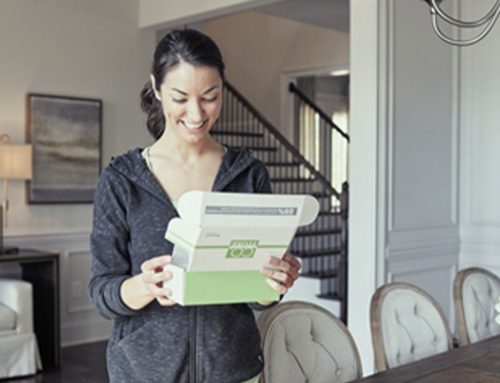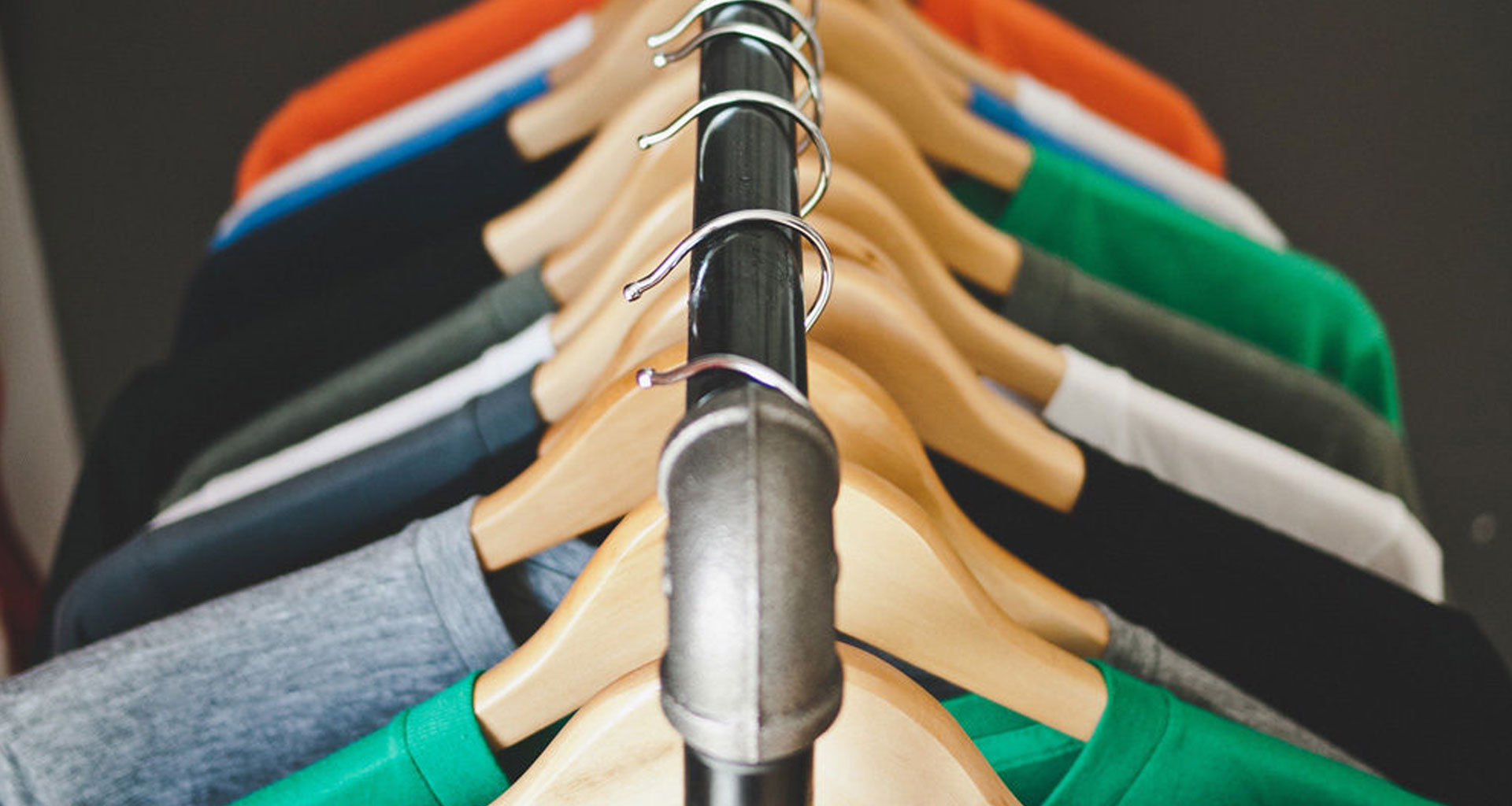
Anyone who takes their PET bottles back to a drinks shop or supermarket in Germany is well aware that they’re turned into new bottles. Not many, however, know about the complexities that are involved in the recycling process and what else can be made from the newly gained material called rPET.
When Coca-Cola started marketing its new plastic two-litre bottle – a PET bottle – in the States in 1978, it described it as “indestructible”. The company also said it was equal to a glass bottle in terms of stability and quality. And it was several times lighter. Polyethylene terephthalate – known as PET – was invented by John Rex Whinfield and J. T. Dickson in 1941 and has been part of our everyday lives for 76 years now. Above all, it has revolutionised the drinks and textile industries.
Unbreakable – light – 100 per cent recyclable
Unbreakable – light – 100 per cent recyclable, and therefore ideally suited for packaging. Moreover, it is now a well-known fact that those transparent bottles for water and soft drinks can be turned into new bottles. Not many, however, know that the same bottles can be used for making a warm ski suit, for filling little junior’s soft toy or for making an ordinary chair.
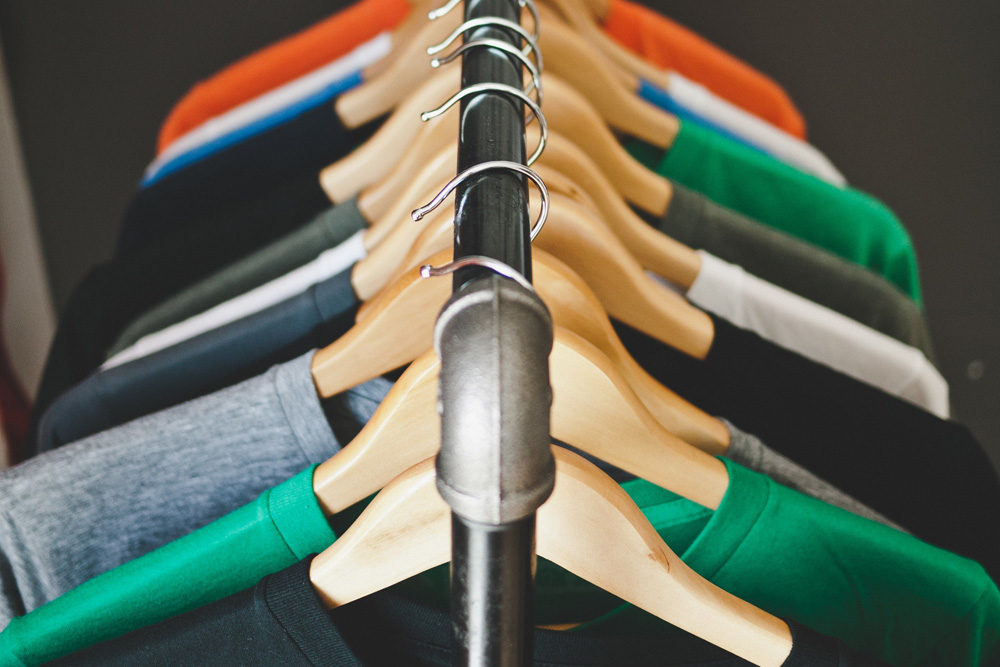
5 PET bottles provide enough textile fibre to produce an XL T-shirt. Source: Forum PET, photo: unsplash.com, pexels.com
Using recycled PET – or rPET – as a raw material and turning it into new bottles has a technical term: bottle-to-bottle recycling. It requires special recycling facilities, such as the MetaPure bottle-to-bottle recycling plant of the machinery and equipment manufacturers Krones. The first thing that happens in the manufacturing process is that the old bottles are sorted by colour and then cleaned, melted and turned into small flakes. Coloured flakes can then be turned either into new bottles or indeed serve as a filler for soft toys or as the base material for making film. White flakes, on the other hand, can be turned into textile fibres for T-shirts, fleeces and indeed for fabric bags and fabrics used in technical applications, e.g. carpet fabric, geotextiles and agrotextiles in construction and agriculture. The bags, normally made in industry from polypropylene or polyethylene, can also be made from PET banded fabric, virgin PET material or recycled PET pellets, and this is what the Austrian mechanical engineering company Starlinger has done since 2013. rPET banded fabric is now made directly from PET bottle flakes. This means that manufacturers of woven packaging can work with a closed production cycle.
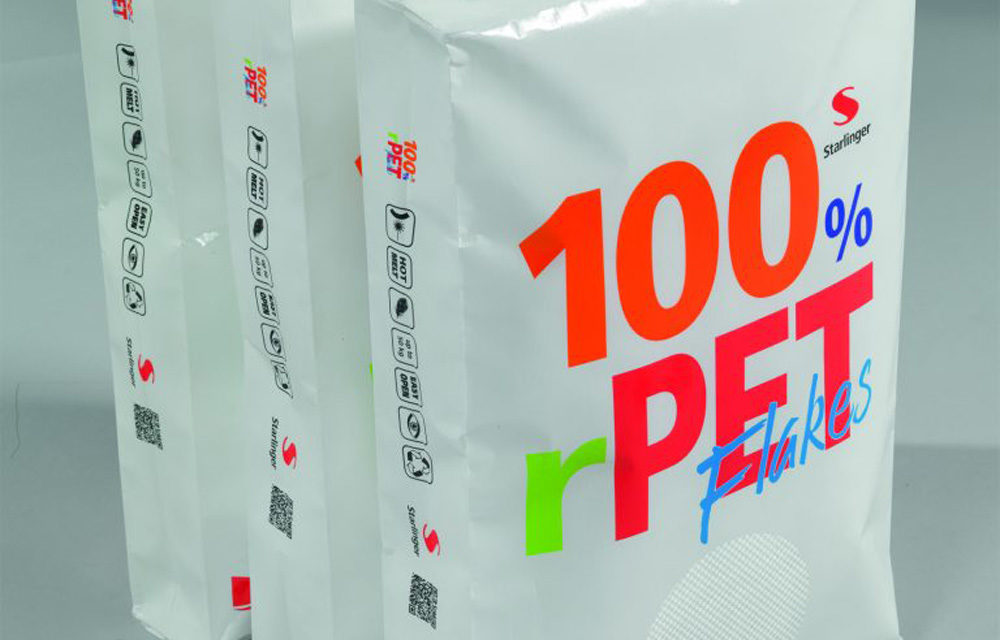
Starlinger makes fabric bags from PET bottle flakes. Photo: Starlinger
Lamps and chairs made from PET
But PET is a raw material that allows countless further options, hitherto unimagined. The Spanish artist Alvaro Catalán de Ocón, for example, has created special designer lamps from PET bottles. It originally started as an environmental project with the focus on plastic recycling. Over the last five years, however, it turned into a cultural and anthroposophical project with the intention of teaching local people – for instance, in Colombia, Chile or Ethiopia – how plastic can be turned into valuable sustainable products.
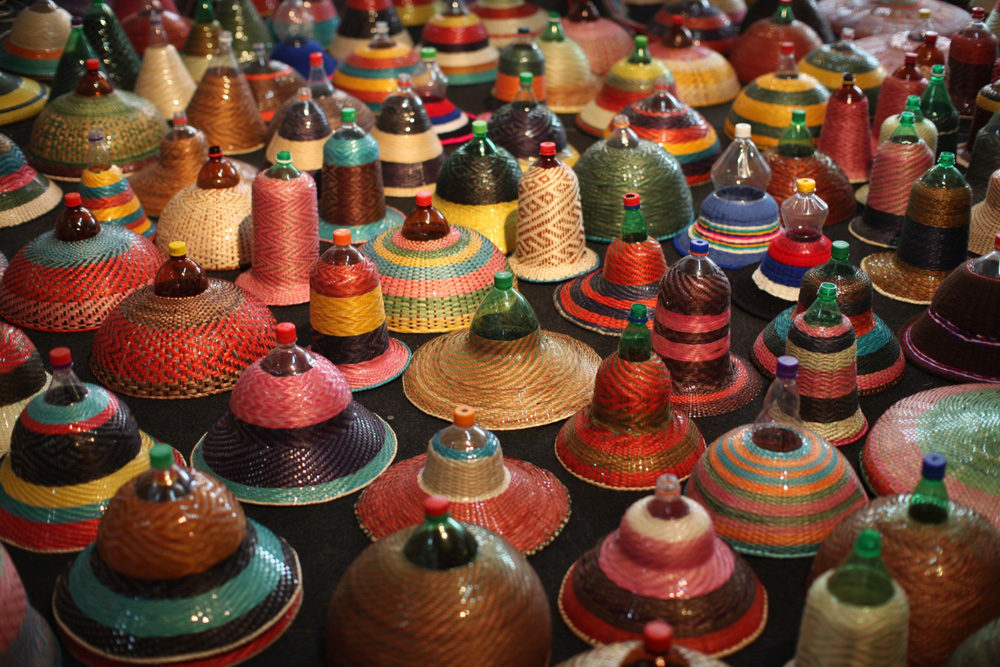
As part of a project in Bogoto, the Spanish designer Alvaro Catalán de Ocón created a number of unusual lamps. Photo: NADIA DEL POZO
60 per cent of the 111 Navy Chair is made from recycled PET material, and exactly 111 Coca-Cola PET bottles are used for each chair. Originally made from aluminium and used on U.S. Navy ships, the chair is now seen as a classic designer item of our age. Called “111 Navy Share with Coca-Cola”, it was a joint project between Coca-Cola and the manufacturers, Emeco. The aim was the constructive reuse of plastic bottles and to reduce the improper disposal of such bottles. The corporate website tells us exactly how many bottles have so far been turned into chairs: 24,152,600 right now, and another bottle is added every second.
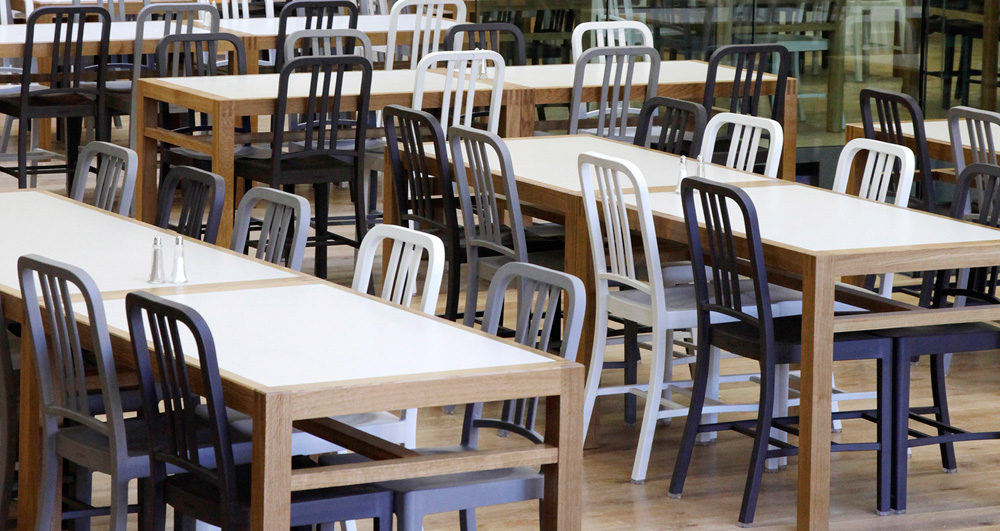
A 111 Navy Chair from Emeco is made from 111 Coca-Cola bottles. Photo: Bryanston School, Dorset, UK, Foster & Partners.
Related Link
https://www.interpack.com

